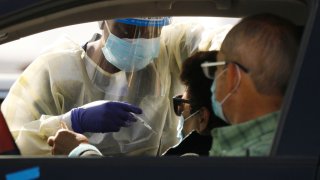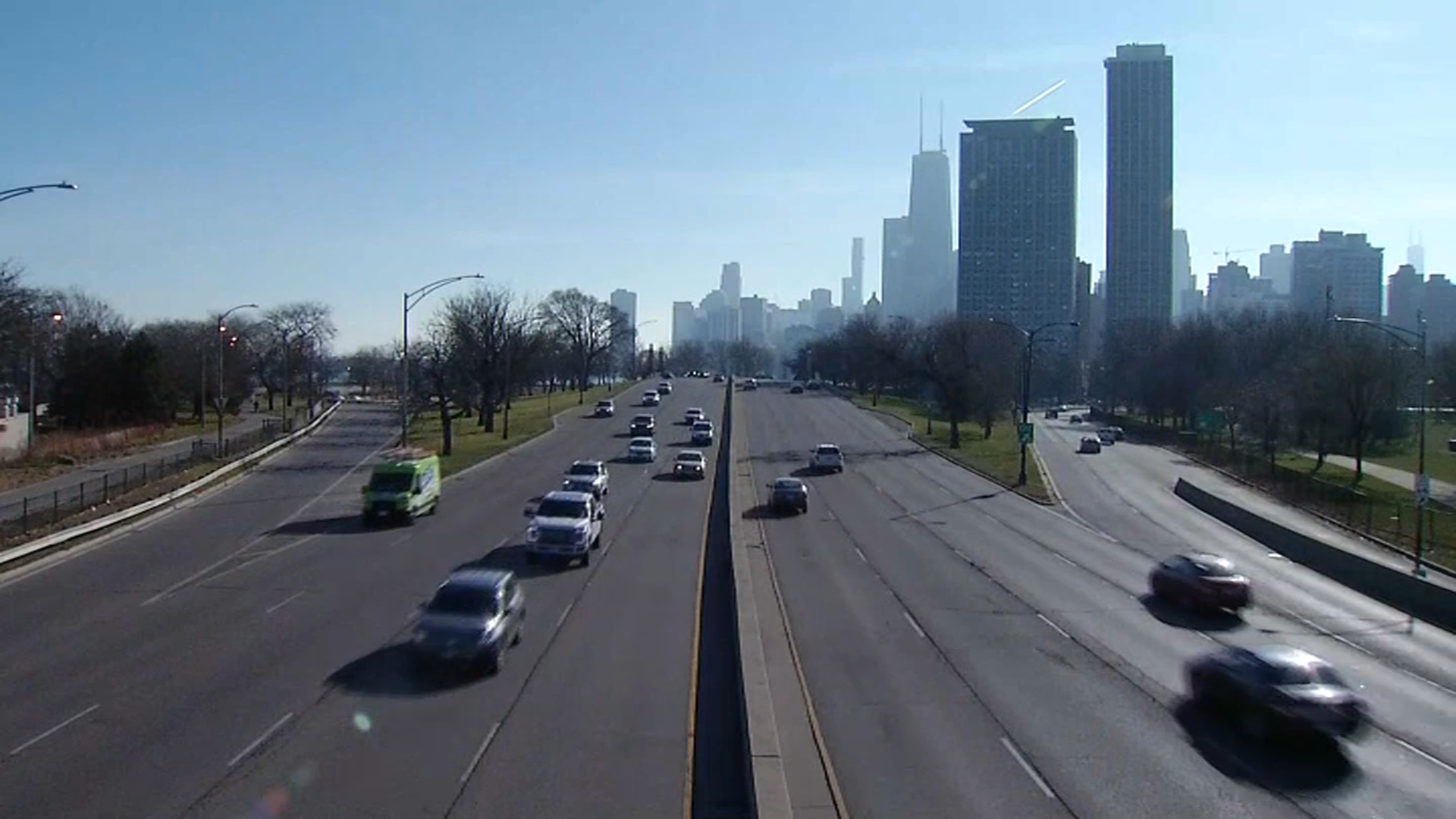
Indiana health officials will soon expand coronavirus vaccines to Hoosiers aged 60 to 65 as they continue to sidestep federal recommendations for vaccine rollout and delay the timeline for teachers and other essential workers to become eligible for COVID-19 shots.
The decrease in the age of eligibility will happen “as soon as possible," once vaccine becomes available, the state health department’s chief medical officer Dr. Lindsay Weaver announced Wednesday.
Hoosiers aged 50 to 59, as well as those under age 50 who suffer from certain comorbidities, will be on deck, Weaver said, although there are no specific timelines in place for when new eligibility expansions will take effect.
“After we reach age 60, when we have enough vaccine and have vaccinated an appropriate portion of the 60 to 65 age group, we will then incrementally expand eligibility,” Weaver said, noting it will take time to vaccine the group that includes some 432,000 people.
Dr. Kristina Box, the state health commissioner, said Indiana is currently receiving about 100,000 doses of vaccine each week. Because that supply “remains limited,” the current eligibility hierarchy for those aged 65 and up will continue at least through this week, she continued.
“This way, we can fully analyze the number of second dose appointments against our existing and our projected inventory,” Box said. “Our goal is to ensure that we have all of these second doses covered before expanding further.”
Indiana officials have based shot eligibility on age rather than moving up teachers and other essential workers as other states have done. They cite statistics that those ages 60 and older represent 93% of Indiana’s COVID-19 deaths and 64% of hospitalizations, arguing that vaccinating those people will have the biggest impact.
Local
Looking ahead at the 50 and older population, the state's top health officials maintained the age group makes up just over 35% of Indiana's population, but accounts for 80% of COVID-19 hospitalizations and 97.6% of deaths
The course of action is in contradiction to guidelines released by the Centers for Disease Control and Prevention, however, which place teachers ahead of those 65 to 74 years old, along with grocery store and public transit workers, and others.
“We’re being very methodical about this,” Republican Gov. Eric Holcomb said Wednesday. “The way that we’re scheduling appointments here is accommodating, both to the consumer — the person wanting to get the shot in their arm — and our supply.”
So far, 737,000 Hoosiers been vaccinated against COVID-19, according to state health department statistics. Of those, 258,000 have received both doses.
Nearly 1.4 million vaccination appointments have been scheduled since December, Box said. Sixty-eight percent of eligible health care workers and first responders have so far received or scheduled vaccine, Box said. In addition, nearly 81,000 doses have been administered to residents and staff at the state’s long term care facilities.
The state Department of Health on Wednesday also announced that Indiana has surpassed 12,000 coronavirus-related deaths after the state’s three deadliest months during the pandemic.
Officials added 52 recent coronavirus deaths to the statewide total, pushing it to 12,001 fatalities including both confirmed and presumed COVID-19 infections.
Indiana’s rates of new COVID-19 infections, hospitalizations and deaths have declined steeply since peaking in early December, but the state still recorded more than 1,900 coronavirus deaths during January. That followed more than 9,000 coronavirus deaths last year that contributed to a one-year jump of 16% in statewide mortality.
State health officials, meanwhile, have lowered the risk level for COVID-19 spread in more counties.
The state Department of Health’s weekly tracking map updated Wednesday labels only Switzerland County in far southeastern Indiana in the highest-risk red category. That is down from 73 of the 92 counties in that category four weeks ago.
This week’s map lists 40 counties in the next-riskiest orange category.



